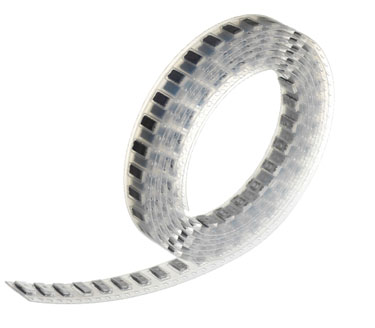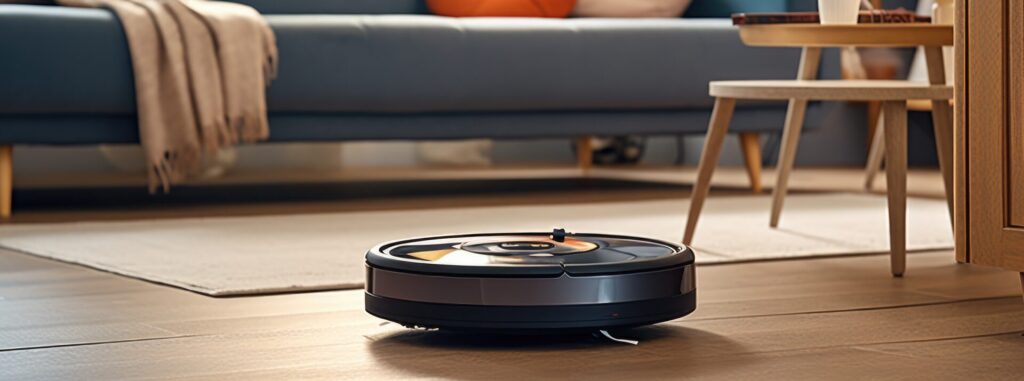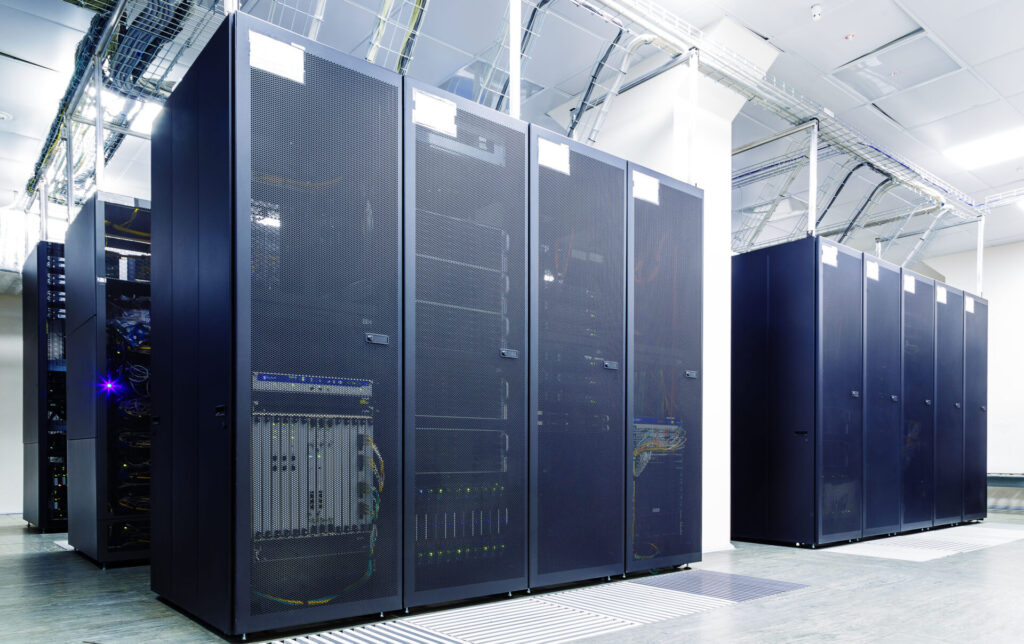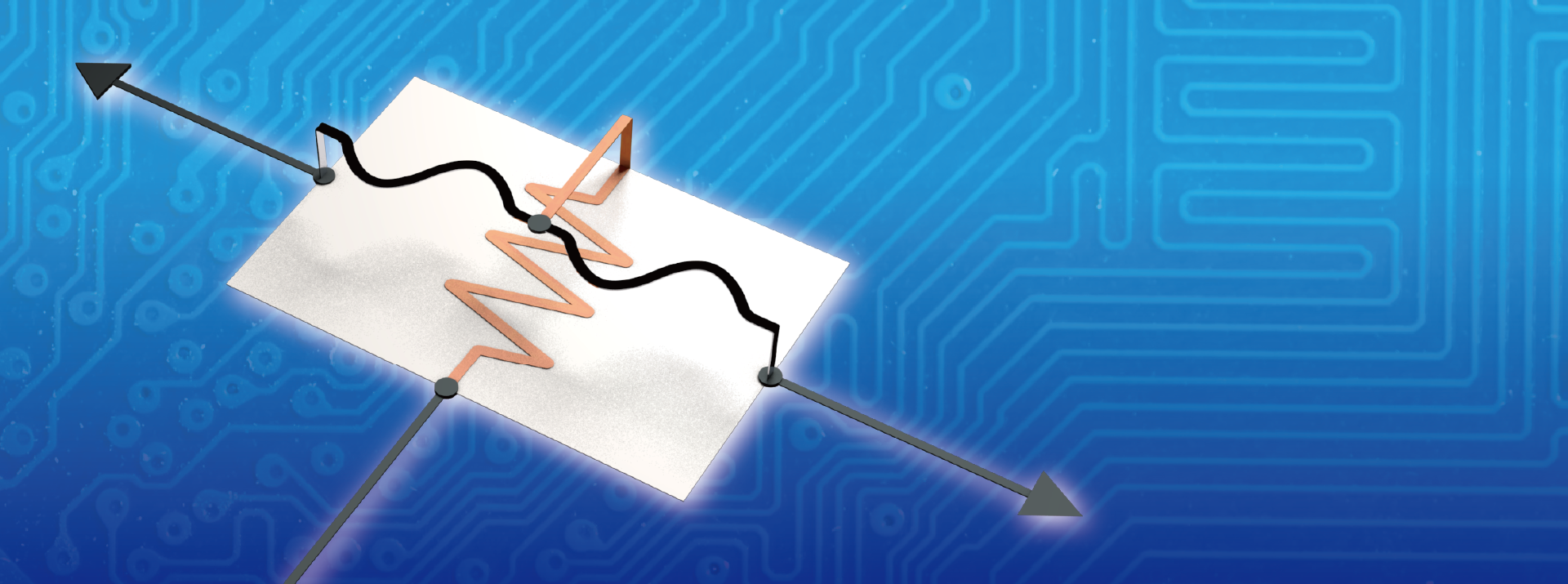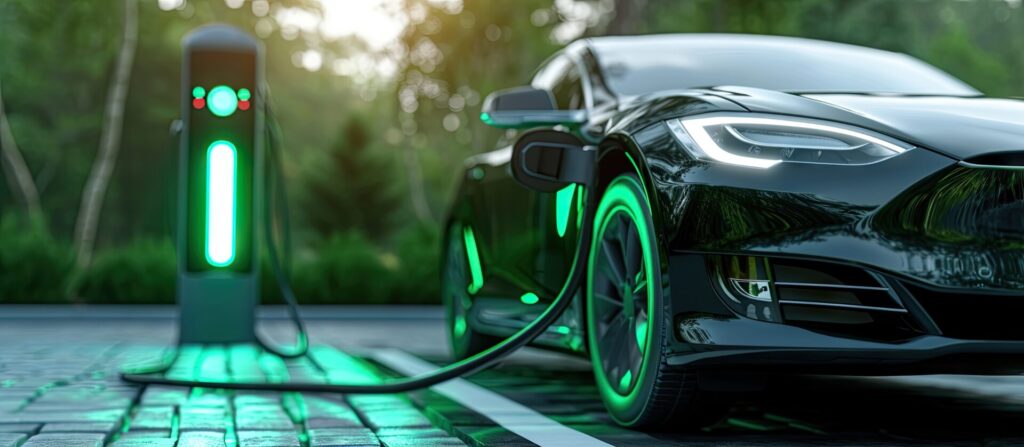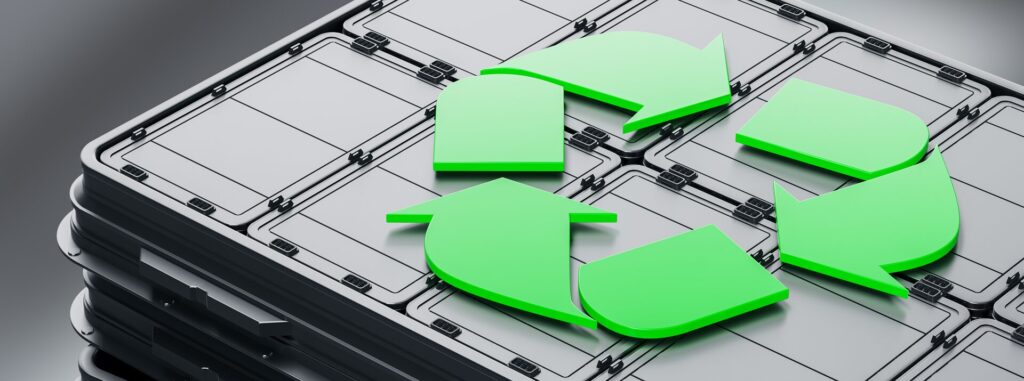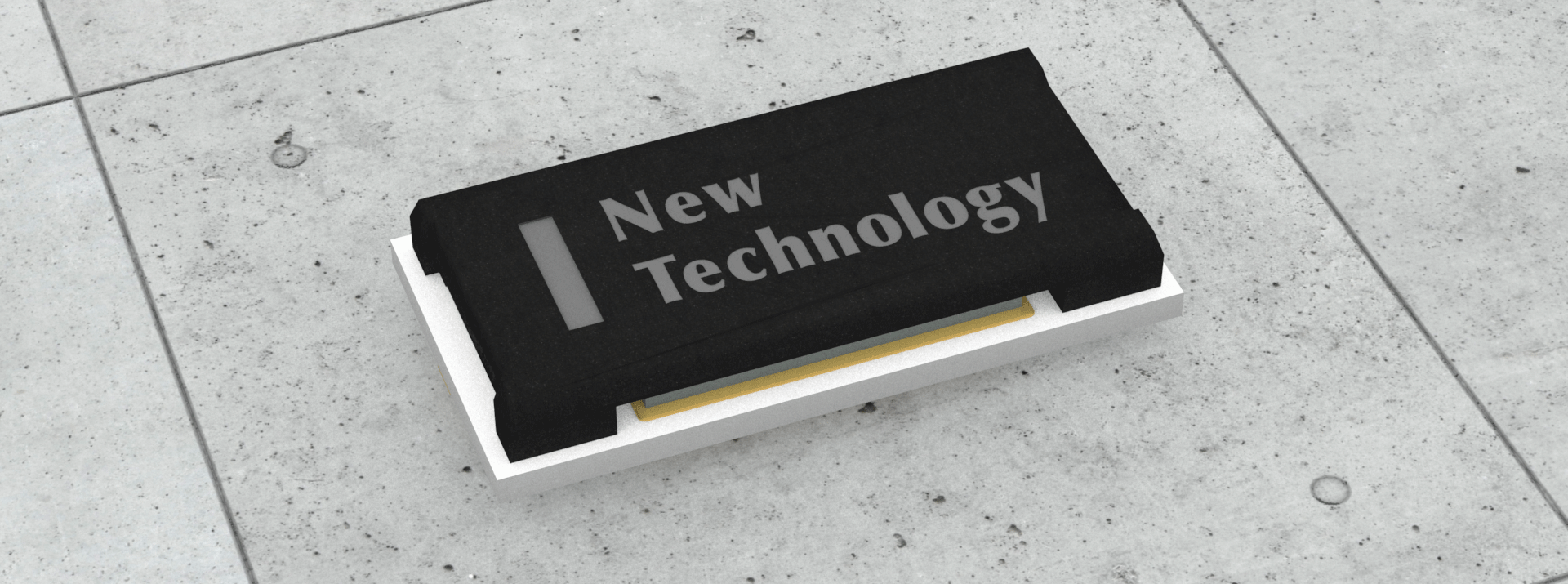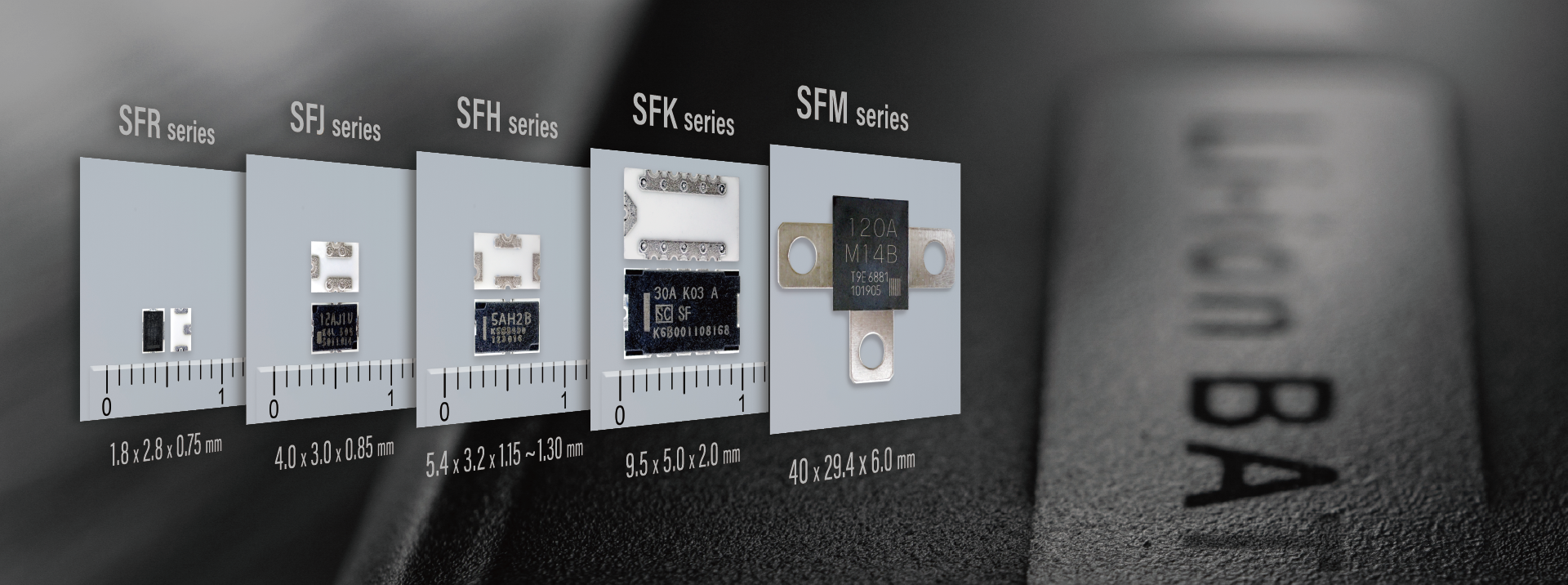
- Electronic Components
The Importance of Secondary Protection Fuses in Medical Device Lithium-ion Batteries
Contents
- 1 Growing Adoption of Lithium-ion Batteries in Medical Devices
- 2 Protection Systems for Medical Device Lithium-ion Batteries
- 3 How SCP Protection Works
- 4 Track Record in Medical Devices
- 5 Common Applications of Lithium-ion Batteries in Ventilators
- 6 Reliability Through Protection Mechanisms
- 7 Ensuring Safety in Medical Device Design
Growing Adoption of Lithium-ion Batteries in Medical Devices
Power supplies for medical devices are required to meet high reliability standards to ensure stable, long-term operation. As healthcare becomes more advanced, an increasing number of medical devices rely on electrical power. This development has led to growing attention on rechargeable battery technology.
Protection Systems for Medical Device Lithium-ion Batteries
Battery systems for medical devices are required to meet stringent reliability and safety requirements. Safe and stable power supply is especially crucial for life-support equipment like ventilators. Protection mechanisms are required for diagnostic equipment and portable medical devices that utilize lithium-ion batteries.
Dexerials has engineered the Surface Mount Fuse Self-Control Protector (SCP). This secondary protection fuse for lithium-ion batteries provides a crucial solution for engineers designing medical device battery systems.
How SCP Protection Works
SCP incorporates two safety mechanisms that provide protection against both overcurrent and overcharging. The protection mechanism operates in the following ways:
Overcurrent Protection:
Device malfunctions can cause excessive current flow in the charging/discharging circuit. When this occurs, the fuse element melts directly and breaks the circuit. Through this physical interruption, the system prevents battery damage that could result from sustained overcurrent conditions.
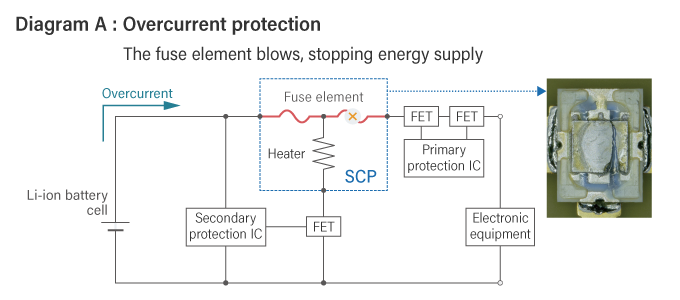
Overcharge Protection:
The system monitors for battery abnormalities during charging. When detected, the control IC signals the heater inside the SCP to generate heat. This causes the fuse element to melt, breaking the circuit and preventing unstable batteries from continuing to operate.

Further details regarding SCP protection mechanisms can be found in our technical article “What is “SCP”? – Protections of lithium (Li) -ion batteries from errors such as overcharging, overcurrent” on TECH TIMES.
Track Record in Medical Devices
SCP has established a significant track record as a protective component in medical device power supplies. During the COVID-19 pandemic, when global demand for ventilators increased rapidly, SCP was adopted as a protection element in ventilator battery systems. This implementation demonstrates SCP’s validated safety and reliability in ventilator battery system protection mechanisms.
Common Applications of Lithium-ion Batteries in Ventilators
Ventilators are available in several types, including manual, mechanical, and extracorporeal circulation systems such as ECMO. The following table presents the main classifications and characteristics of ventilators:
| Classification | Type | Features | Usage Environment | Notes |
|---|---|---|---|---|
| Manual Ventilator | Bag Valve Mask (BVM) | Self-inflating, no gas source required | Hospitals, emergencies | Highest versatility |
| Jackson-Rees Circuit | Gas-driven, requires oxygen | Operating rooms, ICU | Used in specialized medical settings | |
| Mechanical Ventilator | Invasive (IPPV) | Uses endotracheal/tracheostomy tube | Primarily hospitals | For severe cases |
| Non-invasive (NPPV) | Delivers gas via mask | Medical facilities to home | Lower patient burden | |
| Extracorporeal Ventilator | ECMO (membrane oxygenator) | Extracorporeal circulation, high-flow pump | Advanced facilities |
Among these, mechanical ventilators, particularly home-use ventilators and non-invasive mask ventilators (NPPV), are increasingly adopting lithium-ion batteries. The key advantages include:
Portability
Lithium-ion batteries are lightweight and easily transportable. This enables patients to use ventilators both at home and while traveling.
Backup Power
During power outages or when AC power is unavailable, lithium-ion batteries ensure continuous ventilator operation. This is a critical safety feature for patient life support.
Flexibility
Lithium-ion batteries can be charged wherever AC power is available, reducing location constraints for device usage.
Reliability
These batteries provide stable power supply, enhancing ventilator reliability. Stable power supply is essential for medical devices.
Extended Operation
Due to their high energy density, lithium-ion batteries enable long operating times. This reduces the frequency of charging and minimizes patient burden.
Reliability Through Protection Mechanisms
Dexerials’ SCP has built trust with customers through 30 years of proven performance as a secondary protection element for lithium-ion batteries. SCP performs physical circuit interruption in lithium-ion battery secondary protection circuits. Its role is to intentionally break the circuit and safely disable batteries that may become unstable during charging/discharging control.
Since its launch in 1994, SCP has been recognized as the standard component for lithium-ion battery secondary protection, with over 2.84 billion units shipped (as of March 2024). For more information, please refer to our article ” What is “SCP”? – Protections of lithium (Li) -ion batteries from errors such as overcharging, overcurrent”
Ensuring Safety in Medical Device Design
For battery engineers involved in medical device design and development, the importance of battery protection mechanisms continues to increase as medical devices become more complex and widespread. Secondary protection fuses are becoming an increasingly critical requirement in this context.
[For Medical Device Designers]
When considering SCP adoption for medical devices, please contact Dexerials in advance regarding specifications and compliance with various standards requirements.
Contact Us
- SHARE
 Back to top
Back to top  Contact us
Contact us 


